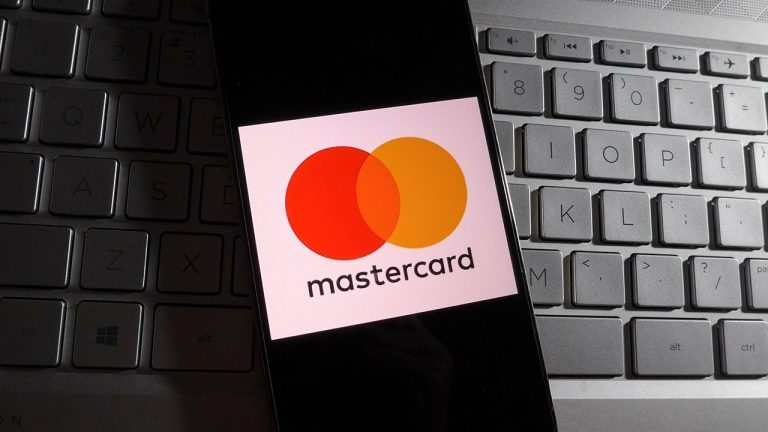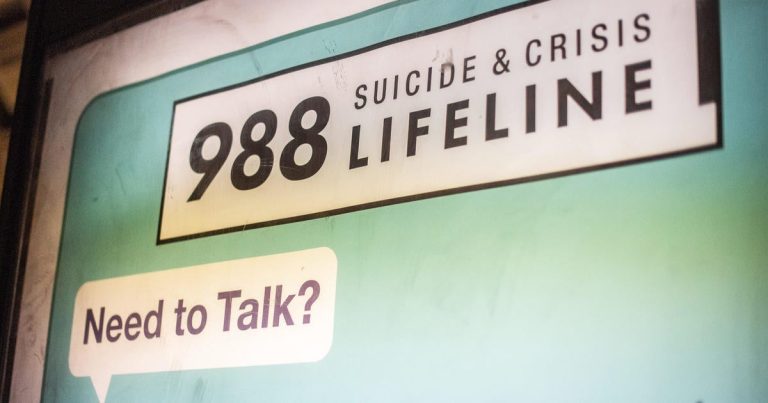

Gen Zers blame inflation for being unable to reach their financial goals, a recent BofA survey said. (iStock)
Even with efforts to cut back on spending, 53% of Generation Z said that inflation is keeping them from achieving financial success, according to a recent Bank of America survey.
The annual inflation rate leveled off at 3.7% in September. Still, rising costs in housing and gas continued to weigh on spending. This pushed nearly 73% of Gen Zers to change their habits to spend less on items such as groceries and gas amidst rising prices and an inflationary environment. And almost all those who adopted these new spending habits plan to maintain them over the next year – even as inflation slows and price pressures decrease.
“This younger generation has proven resilient and resourceful in managing their money during a challenging environment and adapting their lifestyles as needed,” Bank of America Retail Banking President Holly O’Neill said. “We continue to provide a wealth of resources and the guidance they need as they work toward financial independence and on building wealth.”
If you’re concerned about high-interest debt, you could consider paying it off with a personal loan at a lower interest rate, which could reduce your monthly payments. Visit Credible to speak with an expert and get your questions answered.
BUY A HOME IN THESE STATES TO GET STUDENT LOAN DEBT RELIEF
Rising costs put housing out of reach
High mortgage rates and a lack of housing supply have created an impossible situation for first-time homebuyers. High mortgage rates and home prices are why 12% of Gen Z believe they will never own a home, according to a recent Redfin report. Median home sale prices have risen 40% since 2019, and in that time, mortgage rates have surged to nearly 8%, according to Freddie Mac.
Other affordability challenges that keep young Americans from achieving their homeownership goals include saving for a down payment. Nearly 33% of Gen Z said their lack of ability to save for a down payment is a barrier, according to the Redfin report. This generation is also dealing with student loan bills as payments resumed in October. One in five (21%) said they needed to pay off their student loan debt before buying a home.
Borrowers with private student loans won’t qualify for federal loan forgiveness but could ease their burden by refinancing to lower their monthly payments. An online tool like Credible can help you compare student loan refinancing rates before you apply to help find the best deal for you.
MANY AMERICANS PREPARING FOR A RECESSION DESPITE SIGNS THAT SAY OTHERWISE: SURVEY
How Gen Z is coming up with solutions
Despite these challenges, first-time homebuyers are finding ways to forge their path to homeownership. Forty-one percent of Gen Z said they are working second jobs to save for their down payment and more than one-quarter plan to use a cash gift from family, according to the Redfin report.
Others have considered house hacking to help pay off their mortgage and other bills. This is when a buyer purchases a home intending to rent out rooms for the long or short term. The co-buying trend is another way young buyers share homeownership costs. Co-buying helps friends and family pool resources to come up with down payments and closing costs. It is also a way to share costly monthly mortgage payments, utility bills and maintenance and repair costs.
Beyond these solutions, 52% of Gen Z who don’t currently own a home believe they’d need to win the lottery to afford one, according to a recent Zillow survey.
“Mortgage rates have been on the rise since last year, sending monthly housing costs through the roof — the typical monthly mortgage payment is now $431 higher than a year ago,” said Amanda Pendleton, Zillow home trends expert. “Combine rising rates with record-breaking home value appreciation, and it’s easy to understand why younger generations are wondering how they’ll ever be able to afford a home.”
If you’re looking to buy a home, it can help to shop around for the best mortgage rates. Visit Credible to compare options from different lenders without affecting your credit score.
COLLEGE TUITION PAYMENT PLANS MAY PUT STUDENT AT RISK: CFPB
Have a finance-related question, but don’t know who to ask? Email The Credible Money Expert at moneyexpert@credible.com and your question might be answered by Credible in our Money Expert column.







